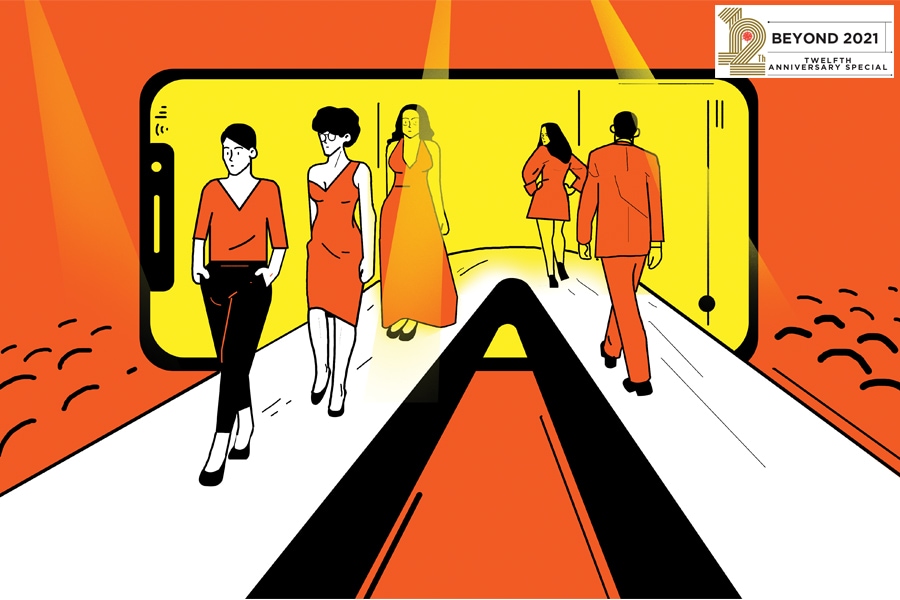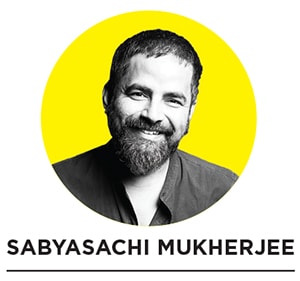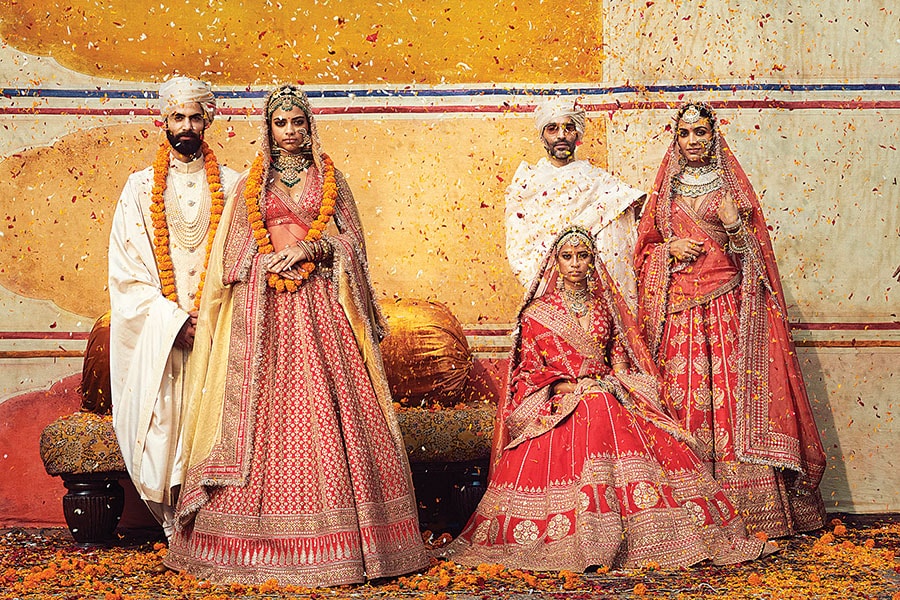
Future of Luxury—Consumer experience will drive value: Sabyasachi Mukherjee
Brands will now need to find ways to weave stories that appeal to the weary consumer who has been stuck at home for months. And buyers will feel empowered to express themselves with products that make them happiest
 Illustration:Sameer Pawar
Illustration:Sameer Pawar
 What is luxury? If you opened your browser right now and did a quick search on the internet for its definition, you would find 1,001 opinions and no consensus.
What is luxury? If you opened your browser right now and did a quick search on the internet for its definition, you would find 1,001 opinions and no consensus.
People will say, often unequivocally, that luxury is exclusive or expensive or authentic or anything that provides comfort that is not considered a necessity or any combination of these sprinkled with other adjectives until there is no meaning left in the word at all.
This is not a failure of Google to offer clarity nor is it a failure of language to succinctly define a complex notion. The problem is that we incorrectly frame luxury as something intrinsic to the product itself rather than as a unique and ungeneralisable consumer experience.
We do not—and we cannot—land on a single definition of luxury because we all differ in what we deem to be luxurious.
Do the richest-of-the-rich and the middle class agree on what constitutes a luxury product? I do not think that’s always the case.
(This story appears in the 30 November, -0001 issue of Forbes India. To visit our Archives, click here.)



 Whether bags or lehengas, products will need to represent much more to potential buyers than they ever did in the past—they will need to be an invitation for something larger, communal and aspirational
Whether bags or lehengas, products will need to represent much more to potential buyers than they ever did in the past—they will need to be an invitation for something larger, communal and aspirational



